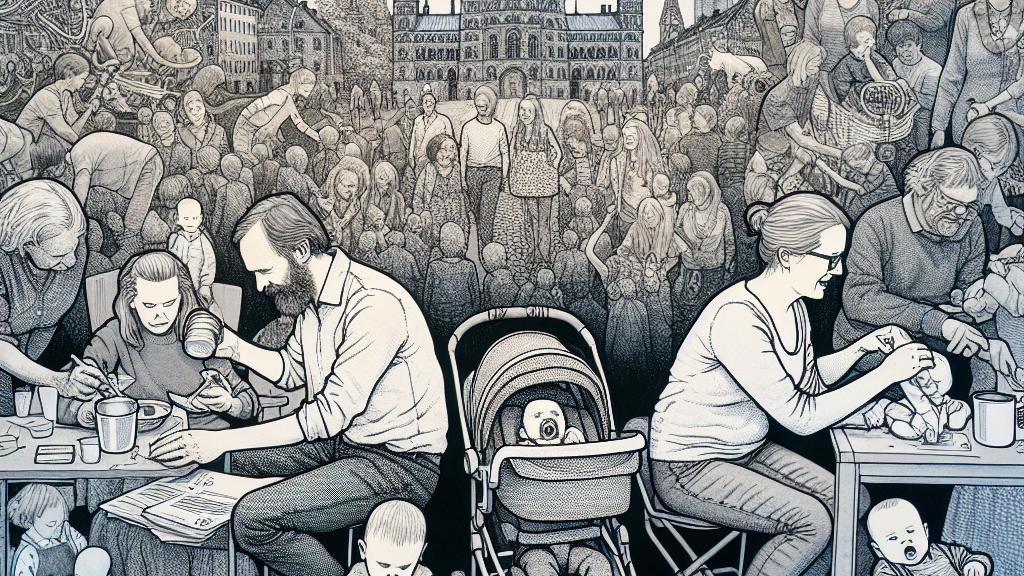Impact of Parental Leave on Gender Norms in Childcare
Overview
- Parental leave is crucial in reshaping perceptions of gender roles in childcare.
- Countries with strong parental leave policies show a significant belief in equal childcare responsibilities.
- The adoption of new social practices frequently lags behind policy implementation.

Parental Leave Policies: A Powerful Agent of Change
Across the globe, parental leave policies do more than provide support for new parents; they act as powerful agents of social change. Take Sweden, for instance, where robust policies allow both parents to take paid leave. This shift has not only encouraged fathers to engage more in childcare but has also transformed public perceptions about gender roles. According to a comprehensive study of over 19,000 university students across 48 countries, respondents in nations with progressive parental leave policies overwhelmingly believed that childcare should be equally shared between mothers and fathers. This remarkable correlation emphasizes the essence of such policies as crucial levers for modifying social norms regarding parenting.
Understanding the Time Lag in Adopting New Norms
Conversely, it's essential to recognize that changes in societal practices often experience a significant time lag, even after policies are enacted. Many young adults noted that while they agreed with the ideal of shared parenting responsibilities, actual changes in family dynamics were slower to occur. For instance, in countries where paternity leave has become the norm, it often requires multiple generations for those shifts to take root and become commonplace. This disparity invites us to consider the complexities of social evolution; change is not simply about passing laws, but also about transforming deeply entrenched values and mindsets. This gradual process infuses the journey from recognition to acceptance with hope and anticipation.
The Complex Interplay Between Policy and Cultural Norms
Moreover, the interplay between parental leave policies and cultural norms is both intricate and reciprocal. On one side, when policies support shared parenting, they challenge outdated stereotypes and inspire families to adopt new practices. For example, in Canada, where recent policies have actively encouraged fathers to take parental leave, there has been a notable shift in public perception and involvement of fathers in childcare. On the other hand, communities with entrenched gender stereotypes often resist these changes, revealing the need for advocacy and education. Therefore, driving meaningful societal change requires more than just implementing progressive policies; it demands an unwavering commitment to fostering a cultural climate that celebrates and normalizes shared parenting. This creates a vital connection, reinforcing how laws and cultural beliefs can together catalyze profound societal transformation.

Loading...